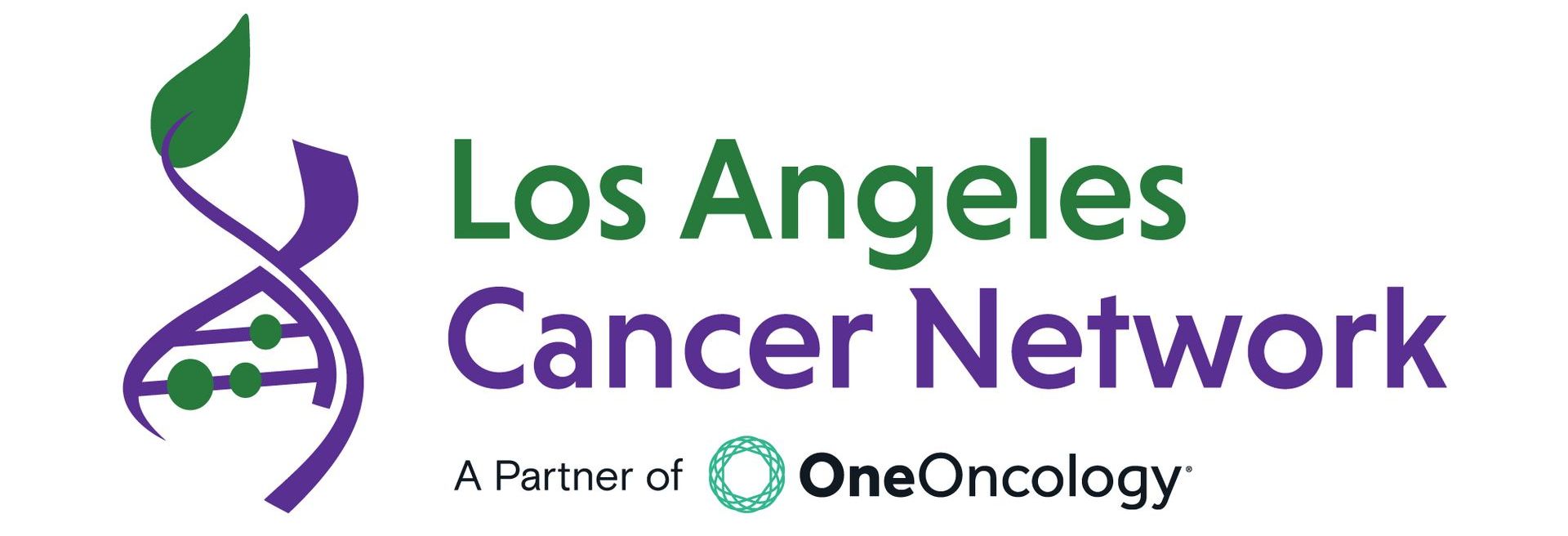PANCREATIC CANCER
PANCREATIC CANCER
What is Pancreatic Cancer?
The pancreas is the part of the digestive system responsible for secreting bile and enzymes into our intestine to break down food molecules. The digestive canal is technically outside of the body. This means the pancreas is an exocrine organ because the pancreas releases substances that exit the body. Bile is produced in the liver, stored in the gallbladder, and passes through the pancreas on its way to the small intestine. Bile and enzymes help to break large food molecules into smaller ones, so the nutrients they contain can be absorbed by the body.
The pancreas also helps regulate blood sugar levels by releasing hormones. The pancreas releases insulin to lower blood sugar and releases glucagon to raise blood sugar. In this way, the pancreas is also an “endocrine” organ because the it secretes these hormones into the blood.
Each of the body’s tissues is a collection of cells working together to contribute to the healthy functioning of the body. Cancer is disease characterized by unregulated cell division in which abnormal cells may invade and destroy normal body tissues. Pancreatic cancer occurs when the cells that make up the pancreas begin to multiply uncontrollably.
Since the pancreas is made up of different kinds of cells, there are different types of pancreatic cancer:
Exocrine Pancreatic Cancer
An exocrine tumor is a cancer of the cells that normally allow the pancreas to perform its role in digestion. According to Cancer Treatment Centers of America, 95% of pancreatic cancers begin in the exocrine cells; these are the cells that produce and release the digestive enzymes we discussed earlier.
Endocrine Pancreatic Cancer
An endocrine tumor is a cancer of the cells that normally allow the pancreas to regulate blood sugar. Endocrine tumors are less common but are usually benign. These tumors begin in the endocrine cells; these are the cells that produce and release the hormones we discussed earlier.
What Causes Pancreatic Cancer?
Pancreatic cancer develops as a result of changes to the genetic material within pancreatic cells. These changes result in the pattern of cell growth and division characteristic of pancreatic cancer. Although the increased likelihood of developing pancreatic cancer is associated with the following factors, in most cases, physicians and scientists are still trying to determine what causes pancreatic cancer to develop:
- Aging
- Being male
- Being obese or overweight
- Certain genetic mutations
- Certain infections
- Certain inherited syndromes
- Chronic inflammation of the pancreas (pancreatitis)
- Diabetes
- Family history of pancreatic cancer
- Scarring (cirrhosis) of the liver
- Smoking cigarettes
How is Pancreatic Cancer Detected?
Our specialists collect information regarding medical history, surgical history, social history, and family history; conduct laboratory testing, and review radiological studies to approach patient care in the most comprehensive and personalized manner.
If pancreatic cancer is suspected, a doctor will likely order an imaging study to help arrive at a diagnosis. Imaging studies might include a CT scan, PET scan, PET-CT scan, ultrasound, or MRI. A CT (computed tomography) scan uses X-rays to generate a three-dimensional picture of the body whereas a PET (positron emission tomography) scan uses a small amount of radioactive tracer to locate any cancer cells by how readily they take up the radiotracer. A PET-CT combines the features of a CT scan with those of a PET scan. An MRI (magnetic resonance imaging) uses magnetic fields to generate a detailed representation of the body. Lastly, an ultrasound sends sound waves through the body to generate images of the body’s organs and tissues.
If upon review of your results your doctor notices a mass suspicious for pancreatic cancer, he or she will likely order a biopsy in order to make a diagnosis and plan treatment, if necessary.
Signs and Symptoms of Pancreatic Cancer
The following may be indicative of pancreatic cancer but may also be indicative of other illnesses:
- Abdominal discomfort and/or pain
- Abnormal weight loss
- Back pain
- Darkening of the urine
- Itchiness
- Loss of appetite
- Nausea and/or vomiting
- Yellowing of the eyes and/or skin
It is important you tell your doctor if you have any of these signs and symptoms, so he or she may determine their cause and plan treatment, if necessary.
Stages of Pancreatic Cancer
“Staging” occurs when a physician uses to test and scan results to determine which parts of the body are involved by cancer, in this case, pancreatic cancer. Staging is important because different stages of pancreatic cancer are better addressed with treatments that may differ in amount, combination, or type. Staging differs between endocrine and exocrine pancreatic cancer. According to the American Joint Committee on Cancer (AJCC), the stages for exocrine pancreatic cancer are as follows:
Stage 0
Cancer only involves the surface of the duct cells that line the interior of the pancreas.
Stage I
Cancer has penetrated through the surface of the duct cells but is confined to the pancreas.
Stage II
This stage accounts for cancers that fit one of the descriptions below:
- Cancer confined to the pancreas that has spread to nearby lymph nodes
- Cancer that has spread to include the outside of the pancreas and may or may not involve nearby lymph nodes
Stage III
Cancer at this stage has spread to blood vessels and nerves not far from the pancreas, and may or may not involve nearby lymphatic structures.
Stage IV
Stage IV has spread to parts of the body far from the pancreas, such as the liver and other organs.
How is Pancreatic Cancer Treated?
Treatment of pancreatic cancer, depending on the stage and type, may include chemotherapy, immunotherapy, radiation therapy, and/or surgery. These treatments may be used individually or in combination based on your doctor’s recommendations. It’s important to discuss all of your treatment options with your doctor to help make the decision that best fits your needs. Some important factors to consider when deciding on a pancreatic cancer treatment plan include:
- Your age, health, and lifestyle.
- The stage of your cancer.
- Any other serious health conditions you have.
- Your feelings about the need to treat cancer right away.
- Your doctor’s opinion about if you need to treat cancer right away.
- The likelihood that treatment will help fight or cure your cancer.
- Possible side effects of each treatment method.
You may feel the need to make a quick decision, but it is very important to ask questions if there is anything you’re not sure about. It is very important for you and your doctor to communicate and work together to weigh the benefits of each treatment option against the possible adverse effects and to ultimately determine what treatment option is best for you.
Our Approach
The doctors here at LACN are here for you every step of the way through your journey. Our specialists can provide you with comprehensive, personalized care to help from diagnosis to remission and thereafter.
All Rights Reserved | Los Angeles Cancer Network












